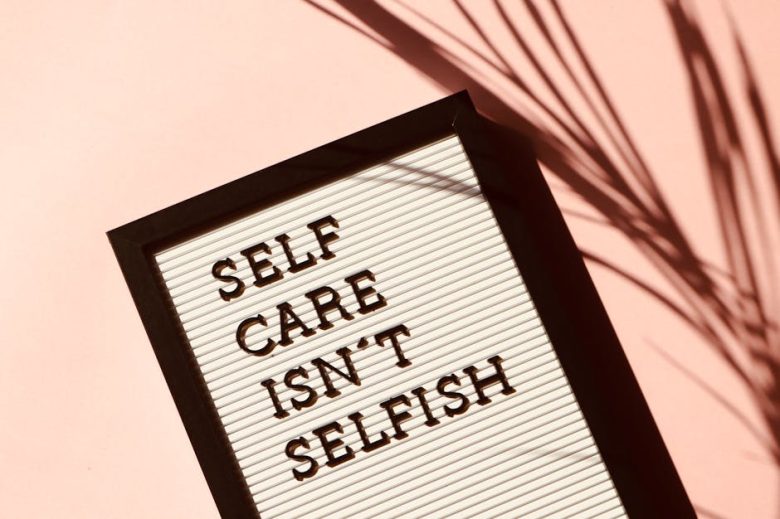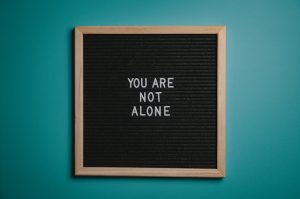In today’s fast-paced world, convenience often reigns supreme. With a mere swipe on our smartphones, we can order meals, shop for groceries, and even schedule appointments—all from the comfort of our couches. This unprecedented ease has transformed our lives, making it easier than ever to manage our busy schedules. However, beneath this shiny veneer of convenience lies a troubling reality: the potential toll it takes on our health and well-being.
As we embrace the allure of instant gratification, we must confront the hidden costs associated with this lifestyle. Are we trading our physical health, mental clarity, and social connections for the sake of efficiency? The very technologies that promise to simplify our lives may, in fact, be leading us down a path of unhealthy habits and disconnection. It’s imperative that we examine the consequences of our choices and consider the broader implications for our health and society.
One of the most significant concerns surrounding convenience is the rise of unhealthy eating habits. Fast food and pre-packaged meals have become staples in many households due to their accessibility and speed. While they save time, these options often come loaded with unhealthy fats, sugars, and preservatives. Studies show that diets high in processed foods can lead to a myriad of health issues, including obesity, diabetes, and heart disease. As we prioritize convenience over nutrition, we must ask ourselves: at what cost are we fueling our bodies?
Moreover, the convenience of technology has dramatically altered our daily movement patterns. With the advent of streaming services, online shopping, and remote work, many people find themselves more sedentary than ever. Research indicates that prolonged sitting can lead to serious health problems, including increased risk of cardiovascular disease and diminished mental health. The irony is striking: in our quest to make life easier, we may be inadvertently sabotaging our physical activity levels and overall well-being.
Mental health is another area where the convenience culture poses challenges. The constant barrage of notifications, social media updates, and the pressure to remain perpetually connected can overwhelm our minds. While technology allows us to stay in touch with friends and family, it can also lead to feelings of isolation and anxiety. The ease of online interactions often lacks the depth and richness of face-to-face connections, leaving us feeling empty despite our seemingly connected lives. This paradox highlights the need for intentionality in how we engage with technology and prioritize our mental health.
However, all is not lost. There is hope in reclaiming our health and well-being amidst the convenience culture. By consciously choosing healthier food options and incorporating movement into our daily routines, we can counteract the negative effects of convenience. Mindfulness practices, such as meditation and digital detoxes, can help us reconnect with ourselves and foster deeper relationships with others. Embracing a balanced approach to convenience can lead to a more fulfilling and healthier life.
In conclusion, while convenience offers undeniable benefits, it is essential to remain vigilant about its potential drawbacks. By acknowledging the hidden costs and making mindful choices, we can navigate this modern landscape with intention. The goal is not to abandon convenience altogether but to find a harmonious balance that prioritizes our health and well-being. In doing so, we can create a life that is not only efficient but also enriching, ensuring our convenience serves us rather than the other way around.



